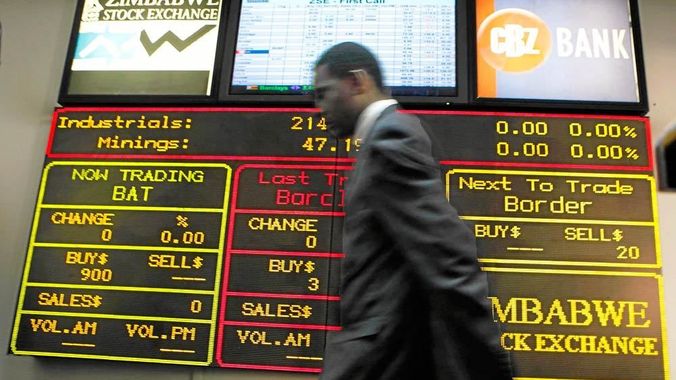
THE performance of African stocks continues to fluctuate due to currency risks, but Zimbabwe remains competitive as a result of its multi-currency regime, that is dominated by the United States dollar, a local research firm has said.
BY VICTORIA MTOMBA
Zimbabwe adopted the multi-currency regime in 2009 to tame hyperinflation that had made the local currency worthless. The multi-currency basket has the US dollar, South African rand, Botswana pula and British pound.

In an update, research firm MMC Capital said most bourses were posting wild swings on year-on-year basis due to currency twisting and slowing growth within key trading partner economies. The currency swings reflect the returns the investor receives from converting their own currency into US-dominated return given the changes in the exchange rates.
“On the African front, most countries, including Zimbabwe, posted negative returns for the January 2015 to October 2015 period, echoing the bearish sentiment across the equities landscape. The major global economic headwinds such as the depreciation of the yuan, US dollar strengthening against major currencies, as well as dwindling growth prospects of the world, leading economies contributed to the bearish trend,” MMC Capital said.
The Zimbabwe Stock Exchange posted a negative return of 20% both on adjusted and non-adjusted basis.
“The struggling economy has weighed the market down in the year to October 31, 2015, with resource stock sharply lower and industrial and financial counters continuing to underperform. Zimbabwe, however, can give US dollar investors a degree of confidence because of the absence of significant currency risk,” the firm said.
- Chamisa under fire over US$120K donation
- Mavhunga puts DeMbare into Chibuku quarterfinals
- Pension funds bet on Cabora Bassa oilfields
- Councils defy govt fire tender directive
Keep Reading
MMC Capital said it was confident that the country’s investment potential, as a measure to promote economic growth, would start to yield positive results in the medium term.
The performance of the local bourse has been bearish due to liquidity challenges in the Zimbabwean economy. Most companies are underperforming due to power shortages, high production costs and stiff competition from regional players. The capacity utilisation levels of most manufacturing firms are around 34,3%, according to a recent survey by the Confederation of Zimbabwe Industries.
The liquidity challenges have also led to lack of aggregate demand from consumers resulting in price reduction of many products across all sectors of the economy.











